Brain injuries can have serious and long-lasting effects on a person’s life. These types of injuries occur when there is damage to the brain that can be caused by various factors such as accidents, strokes, tumors, or infections. The severity and the effects of the injury depend on the type and location of the damage.
One of the most common types of brain injuries is a concussion. A concussion is a traumatic brain injury that is caused by a blow to the head or a sudden movement that causes the brain to move inside the skull. Symptoms of a concussion can include headache, nausea, dizziness, confusion, and memory problems. In most cases, people recover from a concussion within a few days or weeks. However, repeated concussions can cause long-term damage, such as chronic traumatic encephalopathy (CTE), which is a degenerative brain disease that is associated with memory loss, depression, and other cognitive problems.
Another type of brain injury is a stroke. A stroke occurs when blood flow to the brain is blocked or reduced, which can cause brain cells to die. Strokes can be caused by various factors such as high blood pressure, smoking, and high cholesterol. Symptoms of a stroke can include weakness on one side of the body, difficulty speaking or understanding speech, and sudden vision problems. Depending on the severity of the stroke, a person may require rehabilitation to regain some of their lost abilities.
Traumatic brain injuries (TBI) are another type of brain injury that can occur due to a blow or jolt to the head. TBIs can range from mild to severe, and the effects can be temporary or permanent. Symptoms of a TBI can include confusion, headaches, dizziness, fatigue, and changes in mood or behavior. In severe cases, a TBI can cause permanent damage, such as paralysis, speech problems, and cognitive impairment.
Brain injuries can also occur due to infections such as meningitis or encephalitis. Meningitis is an infection of the protective membranes that surround the brain and spinal cord. Symptoms of meningitis can include fever, headache, and a stiff neck. Encephalitis is an inflammation of the brain tissue, which can cause symptoms such as fever, headache, and confusion.
Brain injuries can have serious and long-lasting effects on a person’s life. In addition to physical symptoms, brain injuries can also cause emotional and psychological problems, such as depression and anxiety. The effects of a brain injury can also impact a person’s ability to work, socialize, and perform daily activities.
Treatment for brain injuries varies depending on the type and severity of the injury. In some cases, surgery may be required to repair damage to the brain. Medications can also be used to manage symptoms such as pain, seizures, and depression. Rehabilitation, including physical therapy, occupational therapy, and speech therapy, can also be beneficial in helping a person recover from a brain injury.
In conclusion, brain injuries can have serious and long-lasting effects on a person’s life. It is important to take precautions to prevent brain injuries, such as wearing helmets while participating in sports, and seeking medical attention immediately if a head injury occurs. If you or someone you know has suffered a brain injury, it is important to seek medical attention and to get the appropriate treatment and support.


